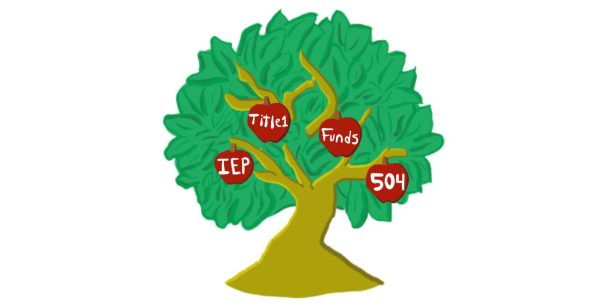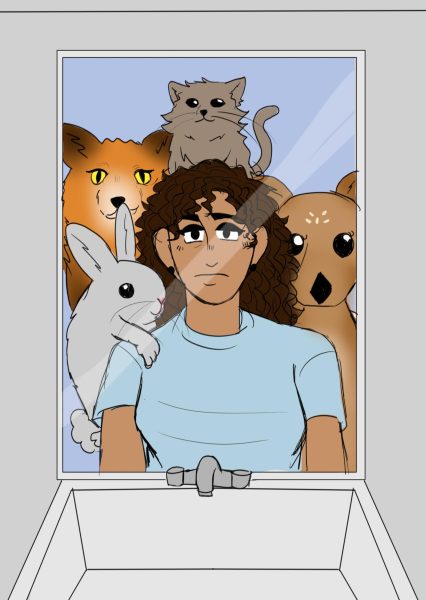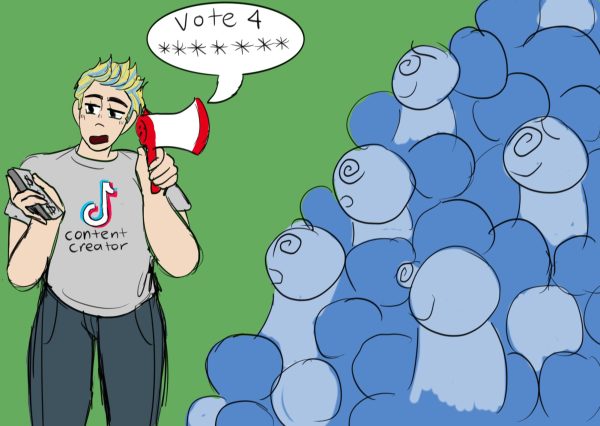Truth of the social media persona
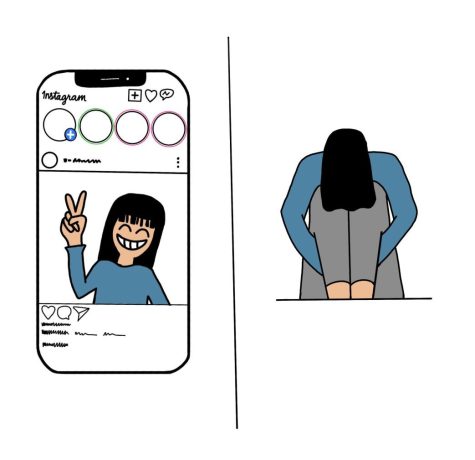
American dancer and television producer Stephen Boss, also known as tWitch, who grew up in the Los Angeles area, passed away due to suicide on Dec. 13, 2022. He was featured on the Ellen DeGeneres show where he was a DJ and the co-executive producer of the program. tWitch had a bright and energetic online persona, always posting about his family and dancing skills. Although he was perceived as happy on TV and social media, tWitch was struggling with depression for some time.
Celebrities or influential people with popular social media platforms are less likely to post the hardships in their life to avoid a negative connotation to their name and image as they might come off as “depressed” and “miserable”. Thus resulting in their audience to steer away. Although this may be contradictory, the difficulties in one’s life can bring awareness to mental illness and show their audience that they are not alone and could be potentially dealing with the same thing.
Social media creates a negative environment allowing society to be exposed to toxic positivity, cyberbullying, and “FOMO” (fear of missing out). According to Exploring Toxic Positivity On Social Media | BetterHelp, an online therapy platform that provides access to a therapist, toxic positivity makes society ignore the issues going on, leading to mental illnesses and invalidate one’s mental issues.
Social media tends to only display the positives of one’s life and neglect the bad things that can occur in someone’s life. This causes a stigma that people with mental illnesses are “weak” and get shamed for being diagnosed with a mental health disorder.
On social media, it is universally collective that all people tend to post everything in their life that is good. By doing that, their following audience may think that their life is always perfect and happy. The assumption though is false. Social media creates idealistic lifestyles that cover up what actually may be happening behind the screen. Today’s society lives in a “virtual life” where it distorts our perspective of what is happening in the world, everything is practically “perfect”.
As more of the population continues to use social media platforms, it is important to break the stigma on platforms to make those with mental health issues not feel any less. Also with this stigma, people often suffer in silence as they are seen as “attention seekers”. This causes them to have invalidated feelings and not seek help for their conditions. Although social platforms tend to only praise mental health and these platforms could be the most effective tool society has to offer to young individuals, it is often too late.
According to OPINION: Has social media helped us open up about mental health? – The Daily Wildcat, an independent news organization, using platforms to conduct mental health campaigns is effective as people can reach out to therapists in a short period of time. Even though social media can negatively impact one’s life, reposting a post or making videos about mental health can help inform those who lack knowledge of mental health.
High schoolers today use multiple social platforms to share stories such as TikTok, Instagram, and Snapchat. However, the topic of mental health rarely comes up or may consist of misinformation. Although these platforms may be a place to talk to friends, a form of self-expression, or show positivity, more serious topics like mental health need to be discussed in order to bring awareness of what a realistic world is.
Social media platforms are one of the most valuable sources of information and are easily one of the most influential sources society has now. According to Teens and social media use: What’s the impact? – Mayo Clinic, a non-profitable organization, platforms help expose teens to current events, allowing them to interact with geographic barriers, and teach them multiple things like healthy behaviors like talking to someone, being active, and going to sleep.
Social media platforms should regularly share what is going on around the world and break the stigma that life is perfect rather than praising people for taking care of one’s mental health when an unfortunate event has happened. We should be able to address these problems without waiting for an unfortunate event or death to occur and have a spotlight on mental health daily, not occasionally. This helps to ensure everyone is acknowledging that the world doesn’t look the way it’s perceived on social media platforms and taking into account that mental health is a serious thing should not be taken lightly.

I am a senior at Bonita Vista High and this is my first year on staff. This year, I am one of the photographers for the Crusader. I joined newspaper seeking...
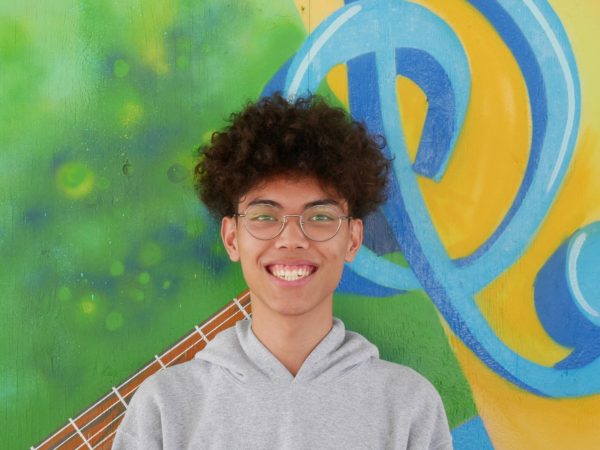
I am currently a senior at Bonita Vista High and this is my second year on staff as a Features Editor. I was previously the Videographer and chose to...

